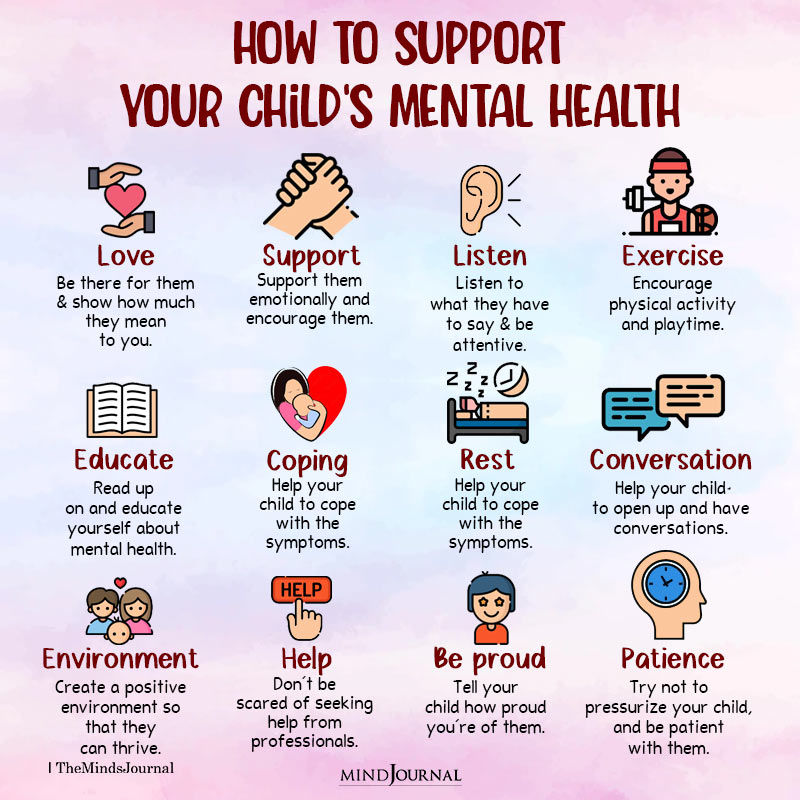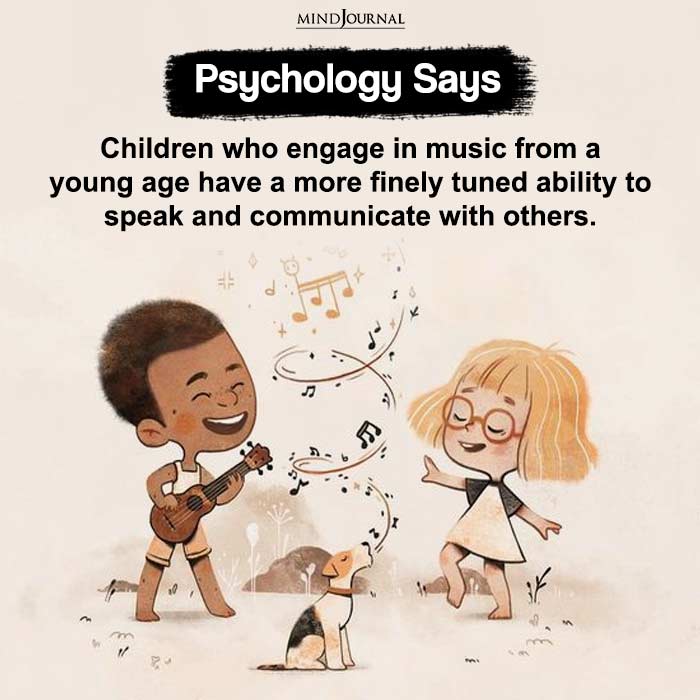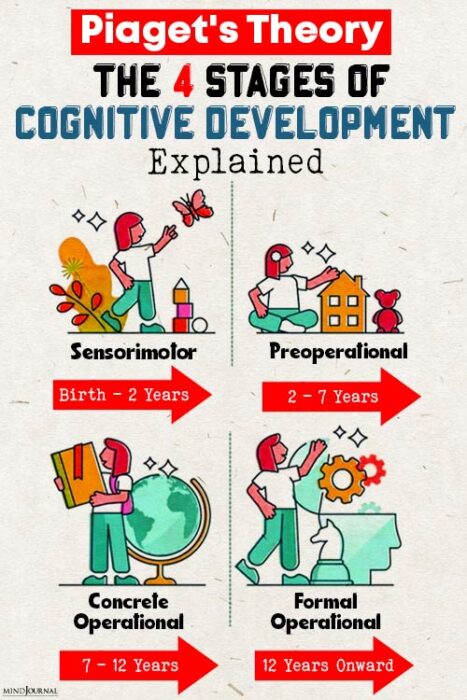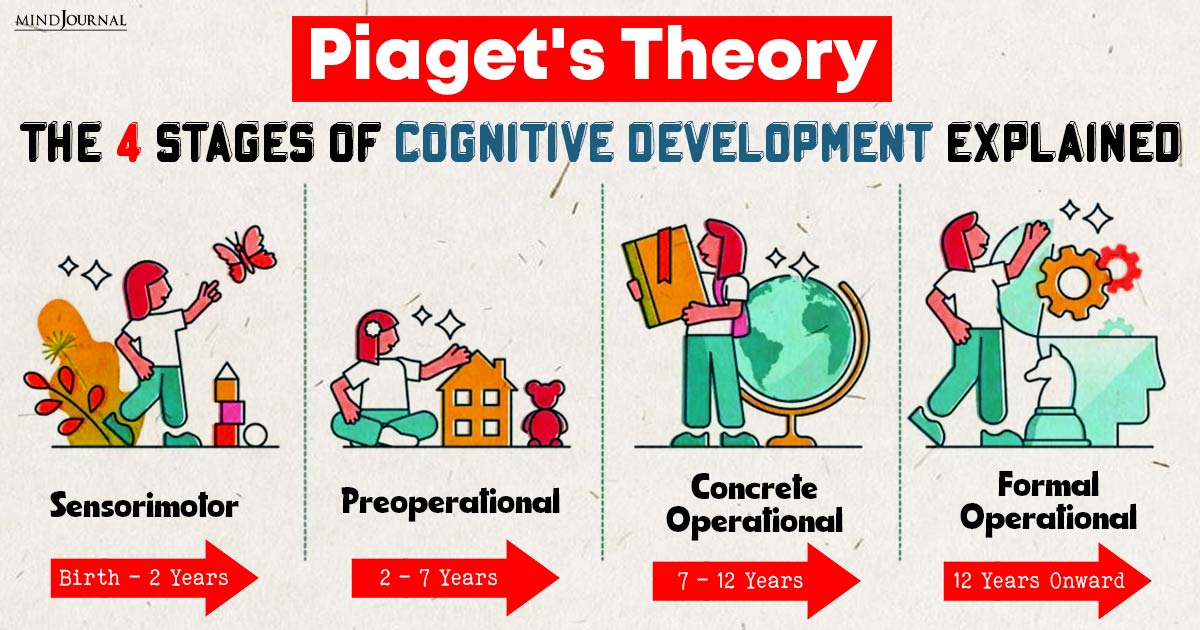Have you ever wondered how children perceive the world around them and how their thinking evolves as they grow? Then you must explore Piaget’s theory of cognitive development.
Jean Piaget, a renowned Swiss psychologist, dedicated his life to understanding the intricacies of human cognition, particularly in children. His groundbreaking theory of cognitive development revolutionized the field of psychology and continues to shape our understanding of how children learn and grow.
Let us delve into Piaget’s theory of cognitive development, exploring its key concepts and stages, as we unravel the fascinating journey of a child’s mind.
What is Piaget’s Theory of Cognitive Development?
Piaget’s theory of cognitive development suggests that children actively construct their understanding of the world through experiences and interactions with their environment.
Piaget’s Theory of Cognitive Development is a comprehensive framework that describes how children’s thinking and understanding of the world develops over time. Jean Piaget, a Swiss psychologist, proposed this theory based on his extensive observations and interactions with children.
Central to Piaget’s theory are Piaget’s stages of cognitive development and the concepts of schemas, assimilation, accommodation, and equilibration. Let’s explore.
Related: 4 Practical Tips To Help Children Develop Emotional Literacy

Piaget’s Stages of Cognitive Development
Jean Piaget believed that cognitive development occurs in distinct stages, each characterized by unique ways of thinking and reasoning. Let us explore these stages in detail.
1. Sensorimotor Stage (Birth to 2 years)
During the sensorimotor stage, infants explore and understand the world primarily through their senses and motor actions. They learn to coordinate their movements, develop object permanence, and begin to grasp the concept of cause and effect.
For example, a baby may repeatedly drop a toy from a high chair to observe the reaction it elicits.
2. Preoperational Stage (2 to 7 years)
In the preoperational stage, children engage in symbolic play and develop language skills. They can use words and symbols to represent objects and engage in pretend play, demonstrating their growing imagination. However, their thinking is still egocentric and lacks logical reasoning.
For instance, a child may believe that the Moon follows them as they walk.
3. Concrete Operational Stage (7 to 11 years)
During the concrete operational stage, children become capable of more logical and concrete thought processes. They can understand conservation (the understanding that quantity remains the same despite changes in appearance), engage in simple mathematical operations, and comprehend the concept of reversibility.
Their thinking becomes less egocentric, allowing them to consider different perspectives.
4. Formal Operational Stage (11 years and beyond)
The formal operational stage marks the onset of abstract thinking and hypothetical reasoning. Adolescents gain the ability to think beyond the present and explore possibilities. They can engage in deductive reasoning, solve complex problems, and think critically about abstract concepts.
For example, they can ponder ethical dilemmas or contemplate future career paths.
Related: How To Encourage Kids To Talk About Emotions: Building Emotional Competence in Children
Case Study: Emma’s Journey through Piaget’s Stages of Cognitive Development
To illustrate Piaget’s theory of cognitive development, let’s explore a case study involving a child named Emma as she progresses through the stages of cognitive development.
1. Sensorimotor Stage (Birth to 2 years):
Emma, a newborn baby, is in the sensorimotor stage of cognitive development. At this stage, she primarily relies on her senses and motor actions to explore and learn about the world. Emma spends a lot of time observing and touching objects, such as toys and household items.
As she grows, she begins to develop object permanence, the understanding that objects exist even when they are out of sight. For example, Emma may look for her favorite toy after it has been hidden under a blanket, demonstrating her emerging understanding of object permanence.
2. Preoperational Stage (2 to 7 years):
As Emma enters the preoperational stage, her cognitive abilities expand. She starts to engage in symbolic play, using objects and actions to represent other things. Emma enjoys playing “house” with her friends, assigning roles and using pretend objects.
However, Emma’s thinking at this stage is still egocentric, meaning she struggles to see things from other people’s perspectives. For instance, if Emma is playing the role of a doctor, she may not understand why her friend wants to be the patient instead of another doctor.
3. Concrete Operational Stage (7 to 11 years):
Emma progresses into the concrete operational stage of Piaget’s stages of cognitive development, where her thinking becomes more logical and concrete. She can now perform operations on objects mentally and understand concepts like conservation.
Emma’s ability to conserve is evident when she realizes that the amount of liquid in a tall, narrow glass is the same as that in a short, wide glass, even though the shapes differ. Additionally, Emma’s thinking becomes less egocentric, allowing her to consider multiple viewpoints and perspectives.
4. Formal Operational Stage (11 years and beyond):
As Emma reaches adolescence, she enters the formal operational stage of cognitive development according to Piaget’s theory of cognitive development. Her thinking becomes more abstract and hypothetical, enabling her to engage in deductive reasoning and think critically.
Emma now has the capacity to ponder complex moral dilemmas or contemplate her future career choices. She can think systematically and consider various factors to make informed decisions.
Related: 7 Tools To Foster Autonomy and Encourage Child Development
Key Concepts in Piaget’s Theory
Apart from the stages, Piaget’s theory of cognitive development also highlights several key aspects that influence cognitive growth:
1. Schemas
Schemas are mental frameworks that individuals use to organize and interpret information about the world. In Emma’s case, she develops schemas for objects, actions, and relationships as she interacts with her environment.
For example, Emma may have a schema for a dog, which includes its physical characteristics, behavior, and the sound it makes.
2. Assimilation and Accommodation
Piaget proposed that children assimilate new information into their existing mental frameworks (schemas) and accommodate their schemas to incorporate new experiences.
Through a delicate balance of assimilation and accommodation, children refine and expand their understanding of the world. When Emma encounters a new animal, such as a cat, she may assimilate it into her existing schema for dogs, assuming they both have similar characteristics.
However, when she realizes that cats are different from dogs, she needs to accommodate her schema by creating a separate one for cats.
3. Equilibration
Equilibration refers to the process of achieving cognitive balance or equilibrium between existing knowledge and new experiences. When new information challenges existing schemas, a state of cognitive disequilibrium arises, motivating children to adapt their thinking and restore balance.
When Emma’s existing schema for dogs is challenged by encountering a cat, she experiences cognitive disequilibrium. To restore equilibrium, she must adjust her schema to accommodate both dogs and cats as separate entities, achieving a more balanced understanding of different animals.
4. The Role of Play
Piaget recognized the importance of play in a child’s cognitive development. Play provides a context for children to experiment, explore, and practice new skills.
Whether it be pretend play, construction play, or social play, these activities enable children to consolidate their understanding of the world.
5. Sociocultural Factors
While Piaget emphasized the child’s active role in constructing knowledge, he acknowledged the influence of sociocultural factors.
Interactions with parents, teachers, and peers can shape a child’s cognitive development, providing opportunities for collaboration, guidance, and cultural transmission.
Related: How Parents Cause Mental Health Problems In Children

Takeaway
Piaget’s Theory of Cognitive Development provides a framework for understanding how children like Emma progress through distinct stages of thinking and understanding. From the sensorimotor stage of sensory exploration to the formal operational stage of abstract reasoning, children’s cognitive abilities evolve through assimilation, accommodation, and equilibration.
By considering this theory, parents, educators, and caregivers can provide appropriate support and guidance to facilitate optimal learning experiences for children as they embark on their remarkable journey of cognitive development.
Frequently Asked Questions (FAQs):
What are the 4 stages of Jean Piaget’s cognitive development?
Jean Piaget’s cognitive development theory includes four stages: sensorimotor (0-2), preoperational (2-7), concrete operational (7-11), and formal operational (11+).
What are the key concepts of Piaget’s theory?
Jean Piaget’s theory encompasses key concepts such as schema formation, assimilation, accommodation, equilibration, and distinct stages of cognitive development.
What are the 5 principles of cognitive learning theory?
Cognitive learning theory is based on five principles: information processing, meaningful learning, knowledge organization, transfer of learning, and metacognition.









Leave a Reply
You must be logged in to post a comment.